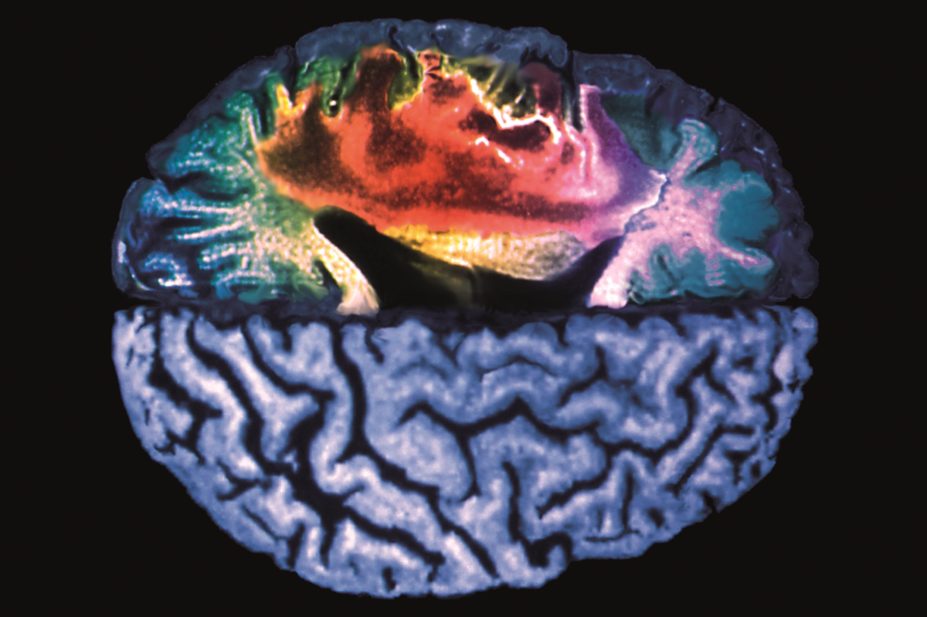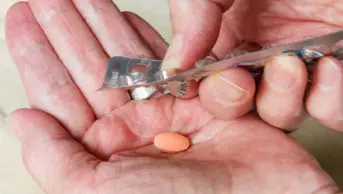
Zephyr / Science Photo Library
Statin use among patients hospitalised with ischaemic stroke is associated with improved outcomes. Now, a retrospective cohort study suggests the same is true for patients with intracerebral haemorrhage (ICH).
An analysis of 3,481 patients with ICH suggests that those who took statins during hospitalisation were significantly more likely to be alive after 30 days and to be discharged home or to an acute rehabilitation facility compared with statin non-users. Prior statin users who discontinued their statin during hospitalisation had substantially worse survival rates after 30 days than those who continued.
“The risk-benefit balance of discontinuing statin therapy in the acute setting of ICH should be carefully considered,” warn Alexander Flint, from Kaiser Permanente, California, and co-authors in JAMA Neurology
[1]
(22 September 2014).
.


